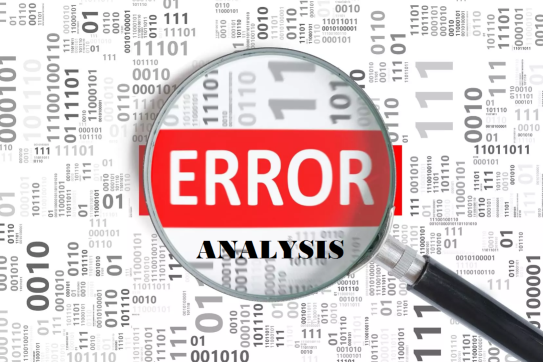- Enseignant: abdelmadjid benraghda

This course is an introduction to Error Analysis. It deals with the basic concepts related to Error Analysis and provides the learners with the required knowledge about the nature of Error Analysis and its application in EFL/ESL contexts.
- Enseignant: laoubi mohamed

- Enseignant: ikram khelladi
Intercultural studies is an interdisciplinary field that covers a wide range of current issues including cross-cultural relations, intercultural communication, cultural diversity, and issues of power, oppression and privilege. As a global citizen, an understanding of cultural difference and ability to communicate effectively with diverse communities is critical for work in both local and international settings. The Intercultural studies program prepares students to play a productive and socially responsible role in an increasingly multicultural and diverse world.
- Enseignant: fatimazohra mecheri
- Enseignant: fatima douadi
Languages assesment is the process of determining an individual's degree of language ability by use of standardized tests and observations. It is a crucial component of English teaching and learning since it enables teachers and students to receive insightful feedback while also tracking the student's development over time.
- Enseignant: nourelhouda bouacha
